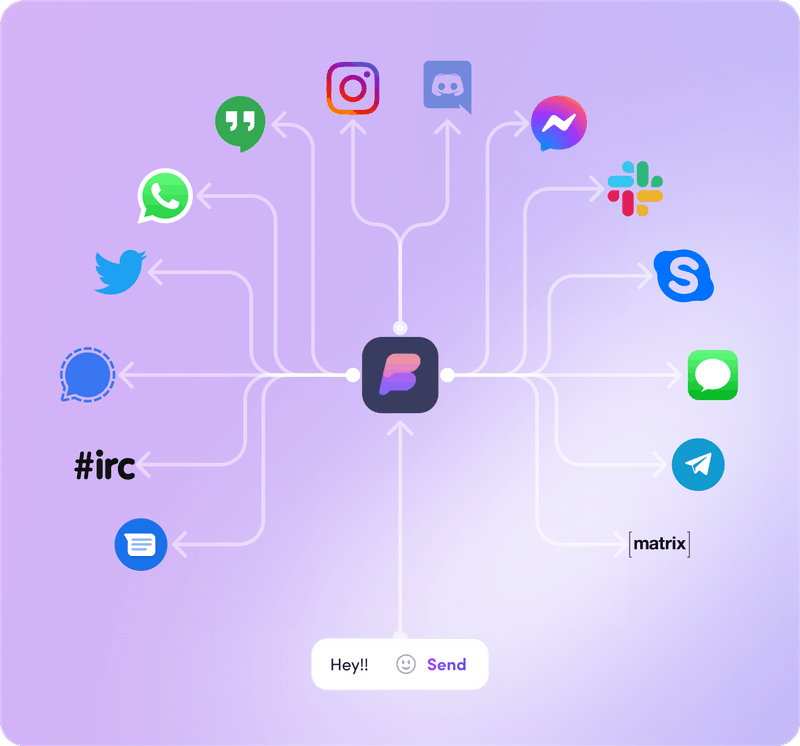
To quote Buckminster Fuller “You never change things by fighting the existing reality. To change something, build a new model that makes the existing model obsolete.”
You are seeing aspects of this with over 200 UK companies committing to the 4 day work week, Pebble smart watch is opensource and the social web foundation and W3C get closer.
Enshittification hit list
Ian thinks: This list of the worst offenders of enshittification, is interesting but I am very surprised to not see cars and dating apps on this list. Something which is regullaryly on Mozilla’s privacy not included lists.
What is mate crime, and is it symptom of our social networking?
Ian thinks: Mate crime is a short term for exploitation by people who are close. It’s increasing and there is a lot of pointers to the less that ideal anti-social spaces we live in now. Isolation is a killer and starved of social contact, we can become easy prey for toxic friendships.
Building AI news anchor with Channel 4
Ian thinks: This is a good short piece about making a AI news anchor. The process is understandable but what got me was the wider impact of this has on general trust of news. Ultimately this all adds up to a lack of trust all around.
Undersea cable wars
Ian thinks: We already know how important undersea cables are but few are fully aware of the ongoing war happening not only in Europe but also across the world including the east China sea. As you can imagine with Taiwan and China.
Spotify’s affect on the music industry and society?
Ian thinks: Back in 2015, I headed up a project which needed 25+ types of music. I worked with students to identify the music; but there was a unreal moment when I needed to explain Spotify does not contain all the music in the world and they should look elsewhere. This interview is a clear reminder of the impact of Spotify and what the alternatives are.
Town squares are not global
Ian thinks: Eli parser’s speech at Vatican is a real detailed one, raising up a lot of the underlying fodder we seem to have forgotten. The line lets have faith, is just perfect
How loneliness is affected by culture and place
Ian thinks: This conversation is full of interesting points from the question of the 3rd place, mental health, etc. But what I found most interesting is the difference in cultures. Its why BBC R&Ds future of social report will go a step deeper. However the notion of online connection as the junk food of connection is quite interesting.
Making better use of doom scrolling time
Ian thinks: I think this is great. Similar to how many others are starting to use the user interface mechanics used to trap and keep people hooked. How many times in the past have you spent time clicking through Wikipedia, learning more as you read more.
Where does the UK stand on AI?
Ian thinks: This is a important question which Rachel Coldicutt uncovers. Our European neighbours have taken a clear stance of safety, while the American oligarchy find this bizarre, and can’t resist telling them during the AI summit. As the UK like the USA refuses to sign a international AI declaration. Is this a clear sign?
Like this newsletter? Find the archive here















